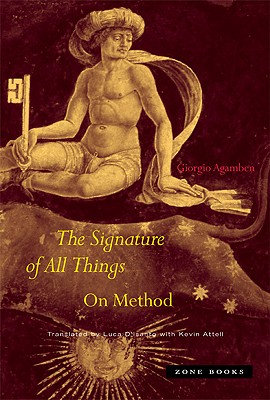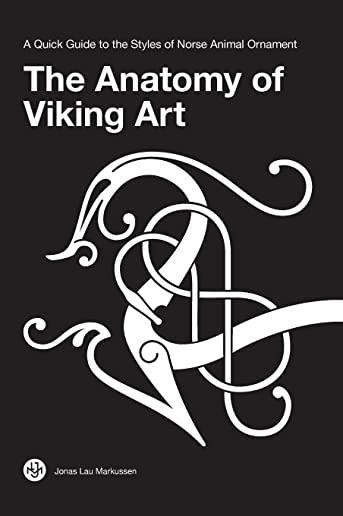
description
sopher Giorgio Agamben's bold redefinition of methodological inquiry into the human sciences The Signature of All Things is Giorgio Agamben's sustained reflection on method. To reflect on method implies for Agamben an archeological vigilance: a persistent form of thinking whose path is to expose, examine, and elaborate that which remains obscure, unthematized, even unsaid, in an author's thought. To be archeologically vigilant, then, is to return to, even invent, a method attuned to a "world supported by a thick plot of resemblances and sympathies, analogies and correspondences." The range of authors and of topics Agamben collects in this slim but dense volume exemplifies this search to create a science of signatures that exceeds either a semiology or hermeneutics vainly attempting to determine the pure and unmarked signs that signify univocally, neutrally, and eternally. Three conceptual figures organize this treatise and the advent of Agamben's own new method: the paradigm, the signature, and archeology. Each chapter is devoted to an investigation of one of these concepts whose genealogy Agamben carefully constructs transhistorically and from an interdisciplinary perspective. And at each moment of the text, Agamben pays tribute to Michel Foucault whose methods he rethinks and effectively uses to reformulate the logic of the concepts he isolates. The Signature of All Things reveals once again, how and why, Agamben is one of the most innovative thinkers writing today.
member goods
No member items were found under this heading.
Return Policy
All sales are final
Shipping
No special shipping considerations available.
Shipping fees determined at checkout.







